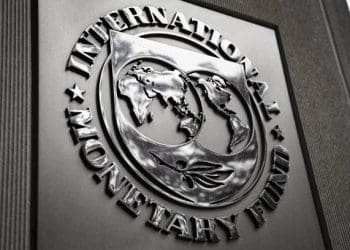While Ghana’s economic indicators, and recovery may paint a picture of recovery, many citizens are struggling to reconcile the statistics with the realities of their daily lives.
According to Professor Patrick Asuming, a renowned Ghanaian economist and lecturer at the University of Ghana Business School, the economic growth reported in official statistics has yet to translate into meaningful improvements in the average Ghanaian’s standard of living.
Speaking on Joy News, Professor Asuming acknowledged the signs of macroeconomic stabilisation — including a reduction in inflation, improved exchange rate stability, and marginal GDP growth — but warned that these developments are largely theoretical for most households.
He cautioned against over-celebrating recent improvements in key macroeconomic indicators when most people are still struggling to keep up with rising costs.
“It seems to me that the financial and the monetary side of the economy has performed better, and the real side seems to be lagging.
“There’s a disconnect between how people are perceiving the economy and what the macro numbers are telling us,” he said.
He indicated that while inflation is coming down and the Producer Price Index (PPI) has dropped from around 18 to 10 per cent, that doesn’t mean prices are falling.
He stated that “Prices are still rising. They haven’t declined. The rate of increase has reduced, but that’s not the same as things getting cheaper.
“The currency has strengthened, yes, but look at the other components of production—tariffs are going up, wages are not going down, and domestic production costs keep rising.”
In 2022 and 2023, Ghana faced one of its worst economic crises in decades, marked by skyrocketing inflation, a collapsing currency, and crippling debt. After entering an International Monetary Fund (IMF) programme in 2023, the country has seen some signs of recovery, with recent figures from the Bank of Ghana indicating modest growth and renewed investor confidence.
However, the positive numbers have not been mirrored in public sentiment. Many Ghanaians report continued hardship, rising cost of living, and limited access to stable employment.












